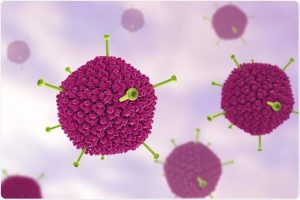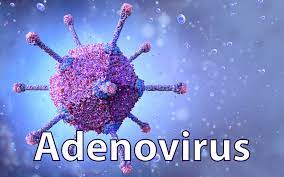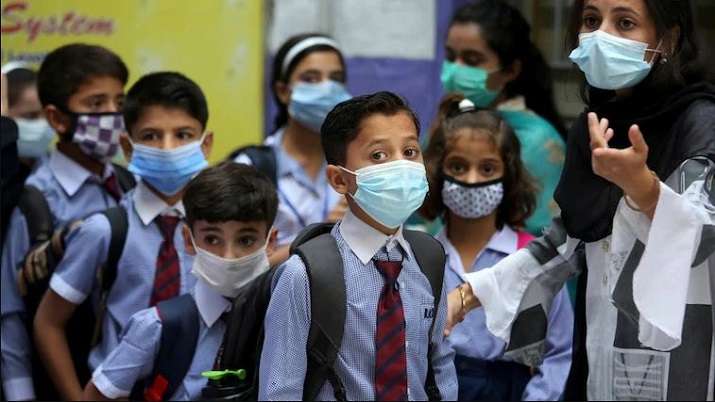Children in Kolkata have been experiencing an increase in flu-like symptoms. Adenovirus has been identified as the cause of this sickness. Health experts in Kolkata have urged residents to be vigilant and not disregard Adenovirus symptoms, particularly in youngsters. The state health department has yet to share data on the number of deaths and infected cases. Adenovirus can affect people of all ages, although children under the age of five are more likely to catch the virus.
Adenovirus: Symptoms, Treatment, Prevention Steps
Human Adenovirus (HAdV) pneumonia is frequent in newborns and young children. HAdVs cause 7-8% of all viral respiratory infections in children under the age of five. Sadly, nothing is known regarding the function of monocyte count in the severity of the disease. Human adenoviruses (HAdVs) frequently infect young children. HAdVs lack the envelope and have double-stranded DNA.
HAdVs cause issues in young children and newborns that resemble a cold, rhinitis, fever, cough, and sore throat. Sadly, these infections cause bronchitis, bronchiolitis, and pneumonia when they reach the lungs. These infections primarily affect children.

Adenovirus Signs and Symptoms
- Common cold
- Fever
- Pneumonia with a sore throat
- Pink eye is also known as conjunctivitis
- Diarrhoea, vomiting, nausea
- Stomach discomfort are all common digestive problems.
- Bronchitis (acute)
The virus can cause sickness ranging from mild to severe. Children and people with impaired immune systems or pre-existing respiratory disorders are more likely to develop serious sickness.
Causes or Transmission
Close contact, such as touching or shaking hands, can spread the virus from one infected person to another. Coughing and sneezing can also spread infected particles.
Prevention Adenovirus
To prevent the virus from spreading, avoid coming into contact with someone who is sick. Handwashing with soap and water on a regular basis, as well as covering one’s face and nose when coughing, are other useful preventive measures.

Treatment
There is currently no specific therapy or antiviral medicine available. Because most cases are modest, pain relievers or medicines are used to control symptoms. Experts advise that the best method to combat the infection is through prevention. To avoid infection, avoid contacting your eyes, nose, or mouth with contaminated hands and wash your hands frequently with soap or sanitizer.
Age group and individuals at risk of Adenovirus
Children aged 28 days to 6 years. Individuals with HIV infection, cancer, tuberculosis, continuous immunosuppressive medication, immunodeficiency, severe organ failure or a chronic illness such as congenital heart disease, or chronic lung disease.



